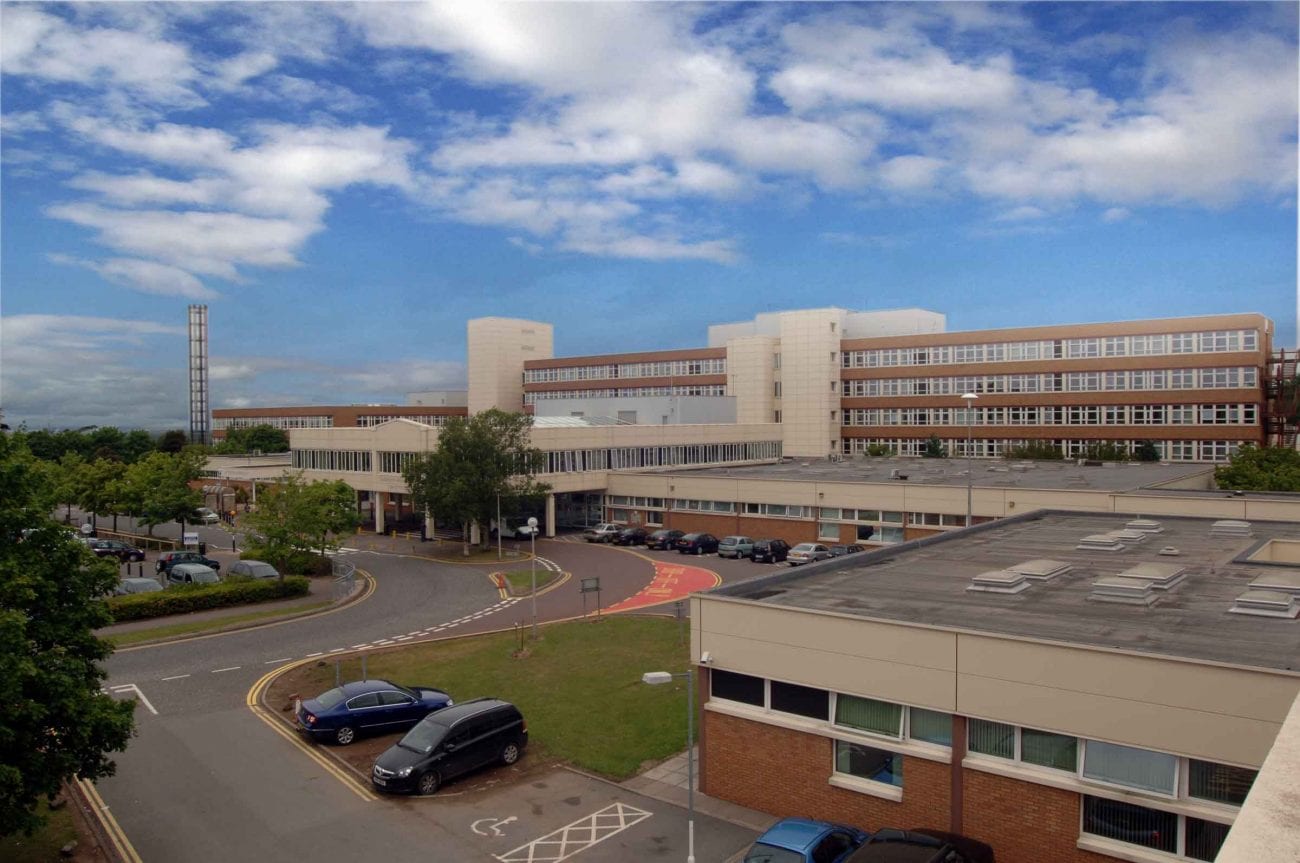
Maintaining five breast cancer assessment units in Northern Ireland is simply not a “realistic or responsible option”, according to the chief medical officer.
As public anger grows at proposals to centralise on three sites, Dr Michael McBride says such a model is in the best interests of the public going forward.
He made his remarks on Wednesday as a public meeting was due to get underway in Armagh City Hotel demanding the threat of the axe hanging over the Craigavon service be lifted.
Under the proposals, revealed in May, the breast cancer assessment centre at Craigavon Area Hospital could close.
The public consultation is underway on a move which would see the number of such centres in Northern Ireland cut from five to three.
The centres at Altnagelvin, on the Glenshane Road in Derry/Londonderry, as well as at Antrim Area Hospital and the Ulster Hospital in Dundonald, would stay open.
But both Craigavon and Belfast City Hospital could lose their assessment centre.
Dr McBride has said such a model was preferrable and in the public interests.
He said the Department of Health acknowledged the “high quality service and dedication of the professional and administrative staff who currently provide this vital service” across all five Health Trusts.
But Dr McBride added: “Our proposals aim to build resilience within the breast assessment service at a regional level to ensure patients with suspected breast cancer are assessed as quickly as possible within the 14 days performance target for patients referred to be assessed.
“These proposals contain four recommendations which the Department believes will deliver positive benefits for patients and the staff who deliver this vital service.
“We would ask everyone to look closely at these recommendations which are entirely patient focused: a dedicated network to support the service; the development of a resilient three centres delivery model to maximise the available resources for breast assessment at a regional level; and, a central regional booking system to ensure that all patients referred will be seen according to their clinical priority and in chronological order, ensuring that no matter where they live in Northern Ireland, patients will receive the same level of service regardless of how their local Trust is performing against the 14 days performance target in any given month.
“Put simply, resilience means ensuring that the workforce is not stretched too thinly across Northern Ireland because, in practice, this leaves services vulnerable to collapse when key members of the team leave or are unexpectedly absent.
“Consolidating services on fewer sites would allow for the development of more resilient larger teams. This is in the interest of patients and staff as it will create a more stable service regionally.
“The Department would encourage patients, their families, HSC staff and the general public to respond to the consultation document. If anyone has better evidence-based proposals about how to build the resilience of this service, maintaining it in the future and deliver a standard level of care across Northern Ireland we want to hear them.
“We would stress that no change is not a realistic or responsible option.”
Dr McBride said that over the past decade and “despite Herculean efforts by staff across all Trusts”, there had only been 12 months in which services have been able to meet the 14 day target in Northern Ireland.
He went on: “In the past five years, we have only met it in two months.
“Unless we make changes, increasing numbers of women will face long anxious delays in finding out if they have cancer. We simply cannot tolerate such a situation.
“The proposals are also about strengthening services for the future, in anticipation of increased demand for breast assessment. A surge in the incidence of cancer is projected for forthcoming years, reflecting the growing older population in our society.
“It would be irresponsible to avoid decisions now, in the knowledge that services could be overwhelmed in future by an inability to cope with demand.
“All responses to the consultation will be carefully considered by the Department before any decision is taken on whether to implement the proposals in the consultation document – or any viable alternative ideas that come forward.
“The Department is aware of the concerns about these proposals which have already been expressed in the media by some members of our staff and other key stakeholders.
“We take these concerns very seriously and would ask that they be channelled to the Department through the consultation response process so that they can be given thorough consideration. Public engagement events are to be held in June as part of this process.
“We would reiterate that no changes are proposed to the breast screening service.
“A review of breast treatment services will start in the near future, again with the objective of developing proposals to improve resilience and deliver a standard level of patient access to this service across Northern Ireland.
The consultation on Reshaping Breast Assessment Services can be found on the Department website: https://bit.ly/2WCM3ud






